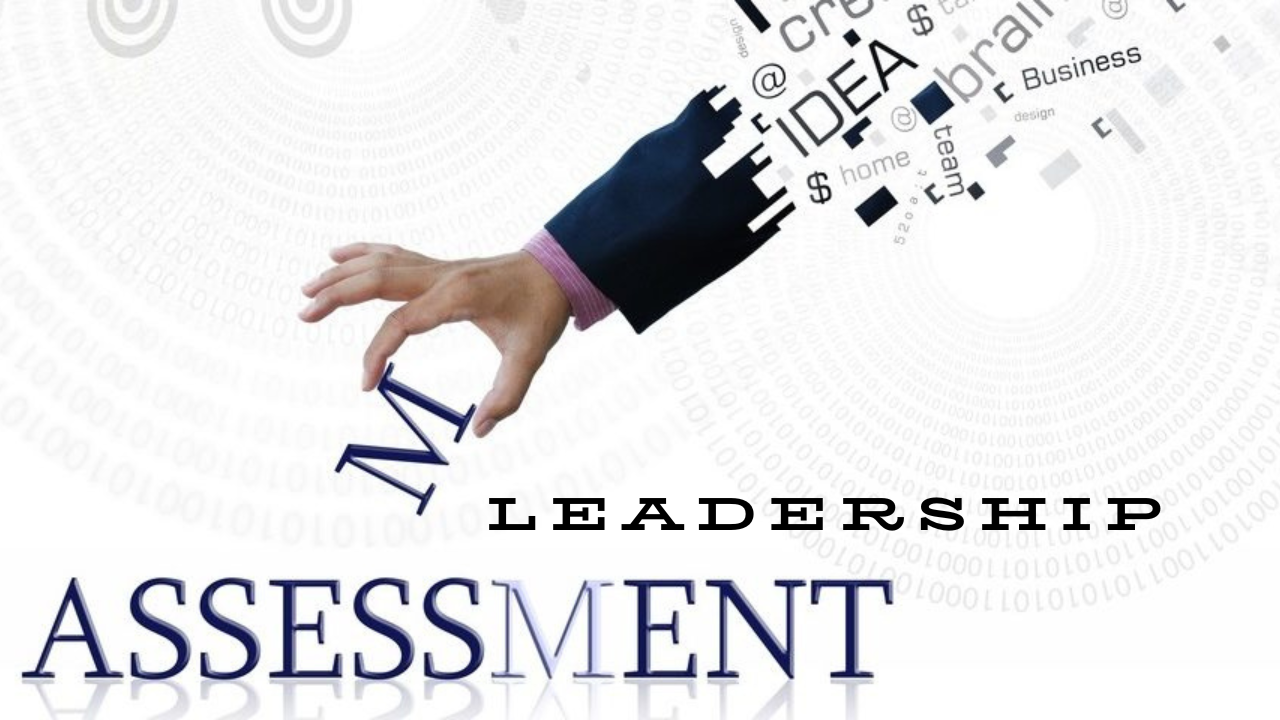Effective leadership is critical for any organization aiming to succeed in today’s competitive landscape. A leadership assessment offers a structured way to evaluate potential and current leaders on various competencies. These tools can be instrumental in identifying future leaders and ensuring they have the skills to guide their teams successfully.
Leadership assessments provide in-depth insights that help organizations spot emerging leaders and understand their existing leadership team’s unique strengths and development needs. By leveraging these insights, companies can create customized development programs tailored to individual needs, thereby driving overall organizational success. As leadership roles are pivotal in guiding teams, making strategic decisions, and fostering company culture, getting accurate evaluations through these assessments can lead to more informed and beneficial leadership development strategies.
Benefits of Leadership Assessments
Leadership assessments offer numerous benefits, including:
- Insight into Leadership Potential:Assessments help identify inherent leadership qualities in individuals, such as decision-making skills, emotional intelligence, and adaptability. Companies can better understand who might thrive in leadership by comprehensively analyzing these qualities.
- Targeted Development Programs: Tailored development programs can be created based on assessment results. It allows organizations to focus on enhancing specific skills or addressing gaps, ensuring that each leader is well-prepared to handle their responsibilities effectively.
- Improved Team Dynamics: A better understanding of leadership styles can enhance team cohesion. Knowing how a leader interacts with their team can help assign roles that complement each other.
- Enhanced Decision Making: Organizations can make more informed decisions regarding promotions and succession planning. By having a clear, objective understanding of each individual’s potential, companies can ensure they place the right people in leadership positions, which is crucial for long-term success.
These benefits underscore the importance of incorporating leadership assessments into organizational development strategies. By developing leaders at every level, companies can ensure a robust pipeline of capable leaders ready to meet future challenges, leading to sustained organizational growth and success.
Types of Leadership Assessments
Leadership evaluations are utilized in the business industry, each fulfilling a distinct role. Some of the most common include:
- Personality Assessments: Tools like the Myers-Briggs Type Indicator (MBTI) help understand how personality affects leadership style. These assessments can reveal a leader’s natural preferences, strengths, and potential blind spots, providing valuable insights into how they interact with others.
- 360-Degree Feedback: This method collects feedback from peers, subordinates, and superiors to provide a well-rounded view of a leader’s capabilities. It allows for a comprehensive evaluation from multiple perspectives, highlighting areas for improvement that may not be visible from a single point of view.
- Behavioral Assessments: These assessments focus on behaviors and traits linked to successful leadership, such as communication skills, conflict resolution, and strategic thinking. Evaluating these behaviors helps identify leaders who can effectively handle real-world challenges.
Each type of assessment offers unique insights that contribute to a comprehensive understanding of leadership potential and areas for development. By combining different assessment types, organizations can create a more holistic view of their leadership capabilities, leading to more effective development strategies.
How to Conduct Effective Leadership Assessments
Implementing leadership assessments requires a strategic approach to ensure they deliver meaningful results:
- Choose the Right Tools: Based on organizational needs, select the most relevant assessments. Consider the company’s size, industry, and leadership skills needed. Tools that align well with these factors can provide more accurate and relevant insights.
- Set Clear Objectives: Define what you hope to achieve with the assessments. Whether it’s identifying future leaders, improving team dynamics, or addressing specific development needs, having clear goals will guide the assessment process and ensure it meets your organizational needs.
- Ensure Confidentiality: To encourage honesty, ensure participants understand their responses will be confidential. This fosters a trusting environment where individuals feel safe providing genuine feedback, leading to more accurate assessment results.
- Analyze Results Thoroughly: Use the data to inform your leadership development programs. Look for patterns and trends that can provide insights into common strengths and areas for improvement across your leadership team. This information is vital for designing effective development initiatives that address individual and organizational needs.
Following these steps carefully ensures the best possible outcomes, fostering an environment where leaders can thrive. Properly conducted assessments provide a clear roadmap for developing leadership capabilities, ultimately driving organizational success.
Also read……………………




